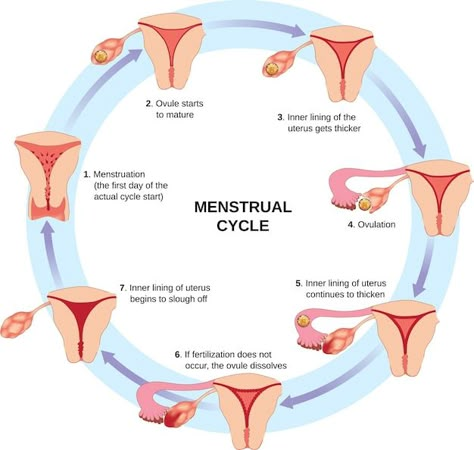FIFA will be funding an academic study at Kingston University to investigate whether there is a link between the menstrual cycle and anterior cruciate ligament (ACL) injuries in women`s soccer. These injuries are notably more prominent among female players compared to their male counterparts.
Several prominent women`s soccer players have recently suffered ACL injuries, including Vivianne Miedema, Beth Mead, and Sam Kerr. Kerr, for instance, has been absent from the Chelsea lineup for 15 months due to this injury.
“We want to examine whether athletes may be more predisposed to injuries because of the functional changes in terms of their anatomy and physiology during the menstrual cycle,” stated Simon Augustus, a senior lecturer in sport biomechanics. “We know hormones fluctuate during different phases of the cycle, but we don`t yet know how much of an influence that may have on the risk of injury.”
This study is part of the FIFA Research Scholarship program, and its primary objective is to reduce injury risk by enabling training to be adapted to individual athlete`s needs. The year-long project is set to commence in June. Experts from Kingston University will collaborate with clubs in South West London, including Chelsea and Fulham. Participating athletes will attend regular visits to the university campus for blood tests and physical performance assessments.
Researchers will analyze hormone concentrations in the blood samples, focusing particularly on female-specific hormones such as estrogen and progesterone. These hormones have been associated with increased ligament laxity (joints being more flexible than usual) and a decrease in neuromuscular reaction times (the speed at which the nervous system processes a stimulus and triggers a muscular response).
The collected hormone data will be cross-referenced with players` physical performance metrics to determine if a correlation exists between ACL injury risk factors and an athlete`s phase in her menstrual cycle. The study will also examine the most common scenarios in which athletes sustain ACL injuries.
The research effort will be spearheaded by PhD student Blake Rivers, working alongside Simon Augustus and sports and exercise science experts James Brouner and Michelle Richards from Kingston University.
“We acknowledge that some injuries are unavoidable, such as those resulting from a severe tackle,” Augustus commented. “However, our focus is on assisting individuals who injure their ACL during non-contact actions. These instances present a greater opportunity for intervention and prevention through strategies like strength training or refining technique.”

